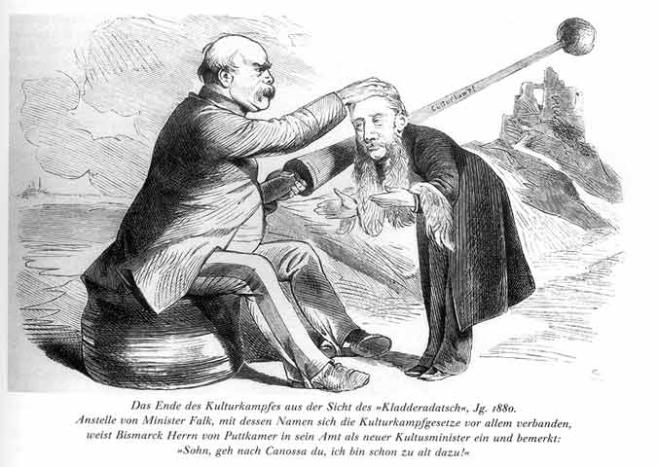
Robert George has a trenchant call for the unity of reasonable people in the face of the torch-and-pitchfork crowd’s endless and irrational animus:
The lynch mob came for the brilliant mild-mannered techie Brendan Eich.
The lynch mob came for the elderly florist Barronelle Stutzman.
The lynch mob came for Eastern Michigan University counseling student Julea Ward.
The lynch mob came for the African-American Fire Chief of once segregated Atlanta Kelvin Cochran.
The lynch mob came for the owners of a local pizza shop the O’Connor family.
[…]
[W]ho if anyone will courageously stand up to the mob? Who will resist? Who will speak truth to its raw and frightening power? Who will refuse to be bullied into submission or intimidated into silence?
(source: Who Will Stand? | Robert P. George | First Things — links added, PGE)
Of course, George knows that shouting futilely at the darkness is not half as effective as shaming the mob. Nonetheless, it is important to remember that one of the basic features of mob action, of hateful incitement, is the disinhibiting effect–the intoxication–of being one of the crowd, of yielding to passions without restraint or consideration. This is most intense among mindless people caught up in a stampede of violence, but it is easier when the disinhibiting effect of pleasing the herd is multiplied by the disinhibiting effect of pseudo-anonymous online interaction.

It is also important to understand that nothing about the way the torch-and-pitchfork crowd operates—at every level–suggests any limiting principle to their lawlessness; its only consistent principle is opportunistic nihilism. As George says: Continue reading




 You don’t have to be eager for conflict to find that you are in one. It is folly to believe that all wars are optional, that all deployments of violent rhetoric and forceful means are to be met with anxious soul-searching rather than honest refusal to cave in and kowtow to the mob’s anointed.
You don’t have to be eager for conflict to find that you are in one. It is folly to believe that all wars are optional, that all deployments of violent rhetoric and forceful means are to be met with anxious soul-searching rather than honest refusal to cave in and kowtow to the mob’s anointed.

